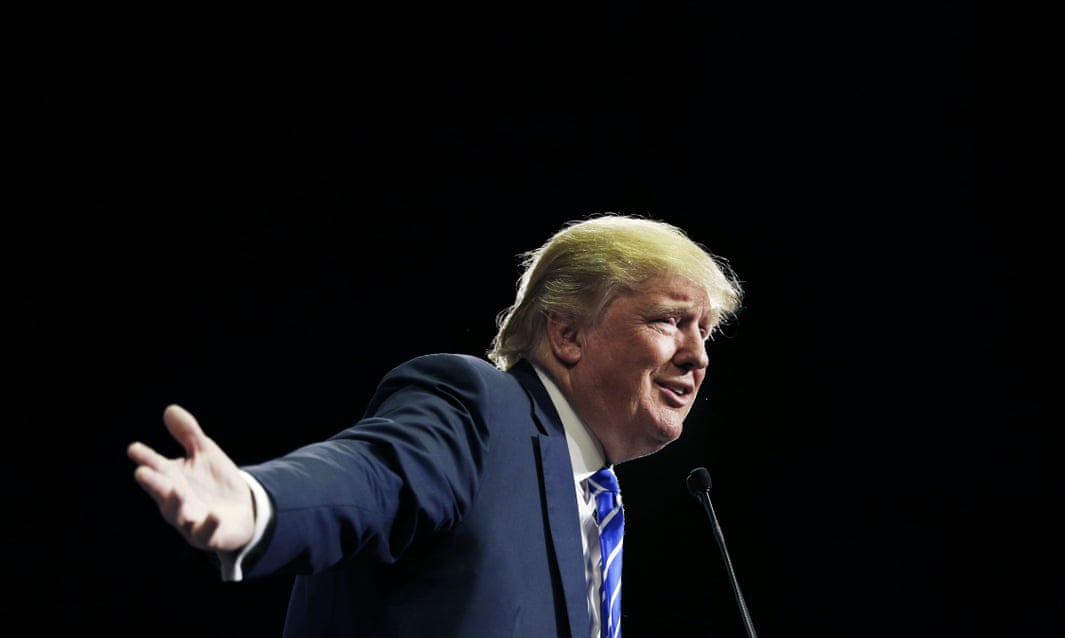Donald Trump
is no longer funny, he's dangerous, says Hillary Clinton
http://gu.com/p/4fxqa?CMP=Share_iOSApp_Other

In the aftermath of attacks by Islamic extremists in Paris and in San Bernardino, California, Trump has called for monitoring mosques and barring Muslims from entering the United States.
In relation to NDM the majority of Trumps actions and press has come from Twitter. The majority of the horrible things he is saying is on Twitter and as a result it trends worldwide and that's more money for Trump and more awareness for his campaign to become president as well.
Given Apple’s iPhone is notorious for its battery, with many users needing to charge their smartphones at least once during the day to make it through to bedtime, Cook might not be using his iPhone as much as other users if it lasts a day.
The apple battery joke has been as been relevant because of the fact that Apple haven't offered a better battery in the phones for years now and as a result is becoming a joke on all social media. Therefore they offered this battery pack solution to the iPhones infamous battery problems but instead it became another laughing stock because of its tab for appearance and expensive price.






